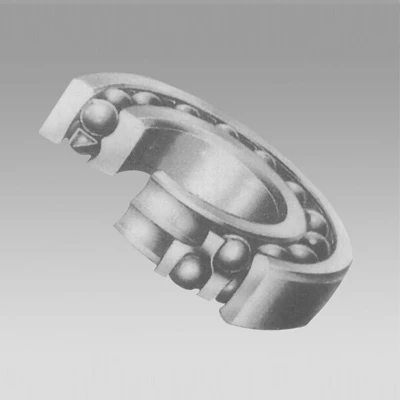
Nov . 15, 2024 13:14 Back to list
milling machine bearings
The Importance of Bearings in Milling Machines
Milling machines are vital tools in modern manufacturing, facilitating the machining of various materials with high precision. At the heart of these machines, bearings play a critical role in ensuring smooth operation and high accuracy. This article explores the significance of bearings in milling machines, their types, and how they contribute to the overall efficiency and performance of these essential tools.
Understanding Bearings
Bearings are mechanical components that reduce friction between moving parts by supporting and guiding rotational or linear motion. They are crucial for maintaining the alignment of components and ensuring smooth, reliable operation. In milling machines, bearings enable the smooth rotation of spindles, feed screws, and other moving parts, allowing for precise control over the machining process.
Types of Bearings in Milling Machines
There are several types of bearings used in milling machines, each designed for specific applications depending on the machine’s configuration and operational requirements
1. Ball Bearings These are the most common type of bearing found in milling machines. They utilize spherical balls to maintain separation between the inner and outer races, enabling smooth rotation. Ball bearings are ideal for applications that require high speeds and low load capacities.
2. Roller Bearings Unlike ball bearings, roller bearings use cylindrical rollers to support loads. They are designed to handle larger loads and provide better stability under radial and axial forces. Roller bearings are suitable for heavier milling operations where durability and robustness are crucial.
3. Thrust Bearings These bearings are specifically designed to handle axial loads—forces that act parallel to the axis of rotation. In milling machines, thrust bearings support the spindle during operations that require precision positioning and heavy cutting forces.
4. Linear Bearings In addition to rotary motion, milling machines often require linear motion for the movement of the workpiece or tool. Linear bearings allow smooth, straight motion along a shaft or rail, facilitating accurate positioning during machining operations.
milling machine bearings

Significance of Bearings in Milling Machines
The role of bearings in milling machines extends beyond mere support and rotation. Here are some critical ways in which bearings enhance milling machine operations
- Precision and Accuracy The precision of milling operations heavily relies on the accuracy of the bearings used. High-quality bearings reduce play and misalignment, leading to tighter tolerances and better finishing of machined parts.
- Reduced Friction Bearings are essential for minimizing friction between moving components. This reduction in friction not only improves energy efficiency but also decreases wear and tear, extending the lifespan of both the bearings and the milling machine.
- Vibration Damping Properly functioning bearings help dampen vibrations during machining, contributing to a smoother operation. Reduced vibrations minimize the risk of tool chatter, which can compromise part quality.
- Heat Management In milling operations, excessive heat can harm components and degrade performance. Bearings designed for high-load applications often feature advanced materials and lubricants that help dissipate heat efficiently, maintaining optimal operating conditions.
Maintenance and Care
To ensure the longevity and effective performance of bearings in milling machines, regular maintenance is essential. This includes proper lubrication to reduce wear, inspection for signs of damage or misalignment, and timely replacement of worn bearings. Effective maintenance protocols can significantly enhance the reliability of milling machines and prevent costly downtime.
Conclusion
In summary, bearings are a fundamental component of milling machines that greatly influence their performance and efficiency. By supporting various motions, reducing friction, and ensuring precision, bearings enable manufacturers to achieve the high standards required in today’s competitive market. Understanding the types and functions of bearings in milling machines can empower operators to make informed choices regarding equipment selection, maintenance, and operation, ultimately leading to improved productivity and part quality.
Latest news
-
Grooved Ball Bearing Design and Functionality
NewsJun.04,2025
-
Concrete Mixer Bearing Load Capacity Testing
NewsJun.04,2025
-
6004 Bearing Dimensions in Robotic Joint Designs
NewsJun.04,2025
-
Advantages of Single-Row Deep Groove Ball Bearings
NewsJun.04,2025
-
Applications of Deep Groove Ball Bearings in Automotive Systems
NewsJun.04,2025
-
Innovations in Bearing Pressing Machine Design
NewsJun.04,2025
